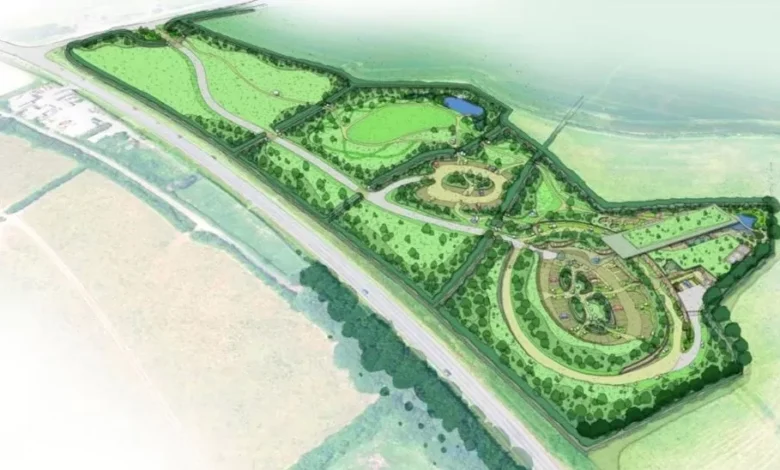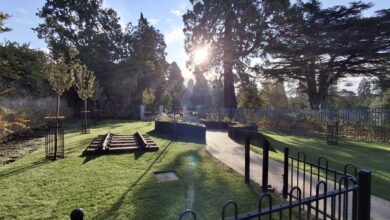Cornwall Council rejects Atlantic View Crematorium plan
The news comes after Cornwall Council initially approved the facility in November 2022, on the basis of providing a facility for people in North Cornwall and Devon

Register to get 1 free article
Reveal the article below by registering for our email newsletter.
Want unlimited access? View Plans
Already have an account? Sign in
Cornwall Council has refused the building plan for Atlantic View Crematorium, three months after the High Court quashed the original decision by the local authority to approve it.
The facility, which became a contentious topic among the residents who would have lived near it, was going to be one of the largest crematoria in the UK.
Applicant The Atlantic View Crematorium Consortium had planned to build on a 5.8-hectare rural site next to the A39 at Poundstock, near Bude.
The news comes after Cornwall Council initially approved the facility in November 2022, on the basis of providing a facility for people in North Cornwall and Devon who had to travel long distances to Bodmin or Barnstaple for the nearest crematorium.
According to the crematorium developer, the Bodmin facility was operating at 130% capacity as of 2019, and families were having to wait more than three weeks for services.
However, the planning application was still met with hundreds of objections from local residents, with two residents legally challenging the council’s decision to allow the facility to be built.
While the Crematorium Consortium said demand in Bodmin was only expected to increase, local residents maintained that Poundstock was “the wrong location” and argued that the facility would have a major impact on tourism in the area.
Following the judicial review at the High Court in London in October 2023, the revised plans were not accepted by Cornwall Council’s planning department on the basis that they would generate a requirement for re-consultation with the public and consultees. Therefore, the application was assessed on the original plans.
The council has refused the application, saying it “has not been demonstrated to a satisfactory extent that there is an overriding locational and business need for the proposed crematorium to be sited in that location, which is not accessible to a range of sustainable modes of transport and fails to prioritise walking and cycling over the use of private fossil fuel vehicles.
“Furthermore, the proposed development will result in a significant change and an intensification of land use on what is currently a green field site, introducing new built form in undeveloped countryside.”
Planning officers at the council also decided the proposal fails to comply with habitat directives, as it would be “a disturbance to foraging and commuting bats”.







